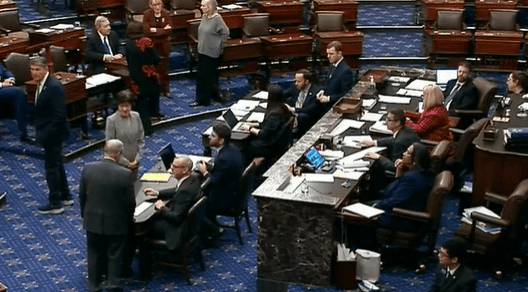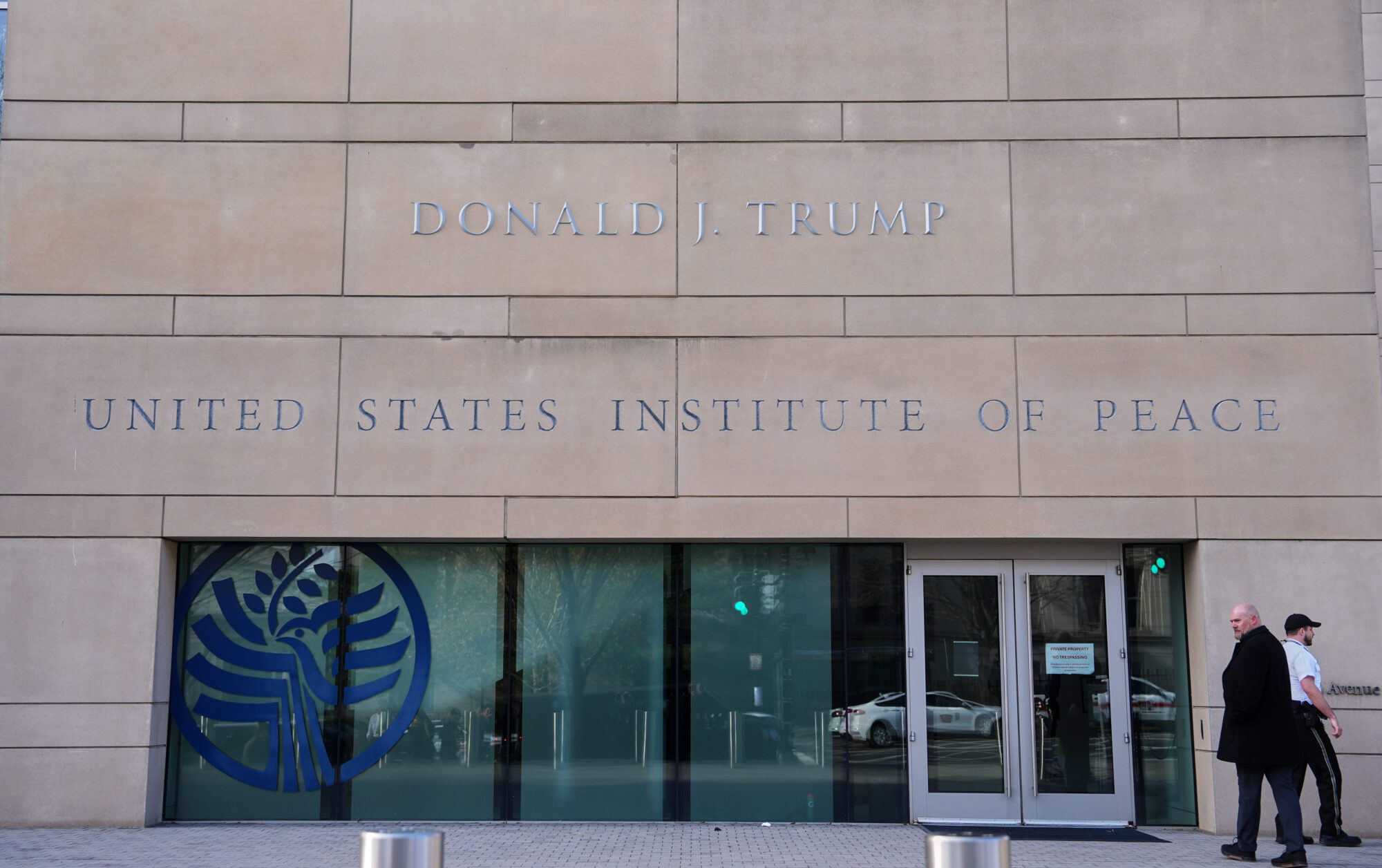
- An active weekend at the U.S. Capitol ends in a pre-dawn vote in the Senate moving the spending legislation forward with an unlikely approval in the House awaiting.
In a pre-dawn vote in the U.S. Capitol Tuesday morning, Senators voted 70-29 on final passage of a $95 billion foreign aid spending package that is aimed at supporting Ukraine, Israel and the Indo-Pacific.
The vote comes after a group of Republican Senators joined nearly all Democrats in the chamber to move the bill forward after legislation that included U.S. border security provisions stalled in the chamber early last week. Senators worked through the weekend to clear procedural hurdles and get the foreign aid package to a final vote.
Mississippi U.S. Senator Roger Wicker (R), the ranking member on the Senate Armed Services Committee, was among the bipartisan group of Senators supporting the legislation. He told Magnolia Tribune on Friday that describing the measure as foreign aid was “incorrect,” saying the bill involves military assistance recommended by the Defense Appropriations Subcommittee.
In all, 22 Senate Republicans backed the bill.
The Magnolia State’s other Senator, Cindy Hyde-Smith, opposed the spending package, expressing to Magnolia Tribune the desire to see funding first be considered for border security in the U.S. instead of providing for more aid elsewhere.
Also voting against the legislation early Tuesday morning were two Democrats – Senators Jeff Merkley (Oregon) and Peter Welch (Vermont) – along with Independent Senator Bernie Sanders (Vermont). These Senators has expressed humanitarian concerns over the Israeli war in Gaza in recent days.
In a floor speech on Sunday, Senator Minority Leader Mitch McConnell, the Republican leader from Kentucky, told his colleagues that the U.S. cannot disregard global interests as a global power.
“I know it’s become quite fashionable in some circles to disregard the global interests we have as a global power, to bemoan the responsibilities of global leadership, to lament the commitment that is underpinned the longest drought of great power conflict in human history,” Senator McConnell said. “This is the idle work for idle minds, and it has no place in the United States Senate.”
The legislation, which would send $60 billion to Ukraine, $14 billion to Israel, $9 billion in humanitarian assistance to Gaza, and nearly $5 billion to the Indo-Pacific region, faces long odds as it now heads to the U.S. House for consideration. Speaker Mike Johnson and his Republican caucus are unlikely to move the bill to a floor vote in the chamber any time soon, if ever. However, given the chamber’s narrow majority, House Democrats along with a handful of sympathetic Republicans could force a vote through a discharge petition, yet that possibility, at least at this juncture, also appears unlikely.









